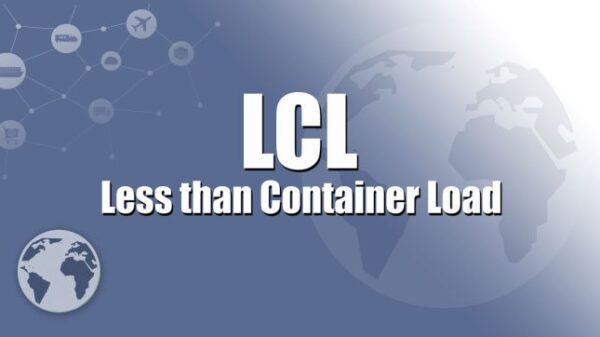If you’re struggling to keep up with your bills, you may be considering a debt management plan. This is a formal agreement between you and your creditors, which usually involves transferring your debts to a new company that will help you to manage and repay them. Debt management plans can be helpful if you’re facing financial difficulty, but it’s important to understand the pros and cons before signing up. Here we’ll take a look at what debt management plans are in the UK, how they work, and whether or not they might be right for you.
Is Company Liquidation A Good Debt Management Solution?
Liquidation is the best method for closing down a company when it can’t afford its debts. It should only be used as an option if there’s no chance of saving or restructuring your business, and administration might work better than liquidation (although this depends on individual circumstances). Working with insolvency practitioners experienced in the field, such as this company liquidation London firm, is essential as there are different options to consider to handle each situation.
Advantages And Disadvantages of Company Liquidation
The advantages of liquidating a business are many. This process brings matters to an end for companies that cannot survive in the long term. It also helps them get organized so they can be taken care of properly without worrying about their creditors or other individuals looking into what’s going on with those companies once things get tough. There won’t be any survivors after this process finishes up anyway! You’ll no longer need annual accounts filed anywhere; you’ve already got all that paperwork completed when it comes time to close down shop completely.
The biggest disadvantage to company liquidation is, of course, that it means your business is over. This can be a tough pill to swallow for business owners who have put their blood, sweat, and tears into making something work. If you go down this route, you’ll need to start from scratch with a new venture. You’ll also need to think about the impact this will have on your employees, who will suddenly be out of work. It’s important to consider all of these factors before making a decision about whether or not liquidation is right for you.
3 Main Company Liquidation Types In the UK
There are three distinct methods to liquidate a company:
Compulsory Liquidation
The compulsory liquidation process is a court order that requires an insolvent company to wind up/close down. It generally happens after the creditor has taken legal action against them through their winding-up petition, which means directors lose control of how things will be done in this type if there’s no disagreement between shareholders or other creditors about what needs doing – almost all decisions have already been made by someone else before you even get started!
Creditors Voluntary Liquidation
A company can choose to be wound up in a voluntary liquidation, which provides more options and lets you control the process. It’s also less costly than its compulsory counterpart due mainly because there are no court proceedings involved so costs associated with that go down significantly when compared side by side.
Members of Voluntary Liquidation
Companies may choose to wind up and dissolve their business when they are solvent. Reasons for this decision may be the retirement of directors, merger conflicts between them or just wanting out. It is a tax-efficient process that can be quick with little hassle if managed correctly by an experienced company lawyer who knows how these things work best.
Free Debt Management Plans
If you’re struggling with debt, you might be considering a debt management plan (DMP). A DMP is an informal agreement between you and your creditors to repay your debts over a period of time.
With a DMP, you make one monthly payment to a debt management company, who then distributes the money among your creditors. The amount you pay each month is based on what you can afford, and the length of the plan depends on your financial situation.
DMPs are not legally binding, which means that your creditors can still take action against you if they want to. However, most creditors will agree to a DMP if they think it’s the best way to get their money back.
Debt Management Plan vs. IVA
An individual voluntary arrangement (IVA) is a formal agreement between you and your creditors to repay your debts over a period of time.
With an IVA, you make one monthly payment to an insolvency practitioner, who then distributes the money among your creditors. The amount you pay each month is based on what you can afford, and the length of the plan depends on your financial situation.
IVAs are legally binding (unlike DMP), which means that your creditors cannot take action against you if you stick to the terms of the agreement. However, if you default on the payments, your creditors can apply to have the IVA annulled and take other legal action against you.
Debt Management Plan vs. Bankruptcy
Bankruptcy is a legal process that allows you to write off your debts and start fresh.
With bankruptcy, you surrender all of your assets to an official receiver, who then sells them and uses the money to pay off your creditors. You will also be required to make monthly payments for a period of time, after which any remaining debt will be written off.
Bankruptcy is a last resort option, and should only be considered if you have no other way to repay your debts. It will have a significant impact on your credit rating and will make it difficult to get credit in the future.
Bottom Line
As you can see, there are a few different options available to you if you’re struggling with debt. It’s important to understand the pros and cons of each before making a decision on which one is right for you. If you’re not sure what to do, we recommend speaking to a financial advisor or insolvency practitioner who can help you understand your options and make the best decision for your situation.























































